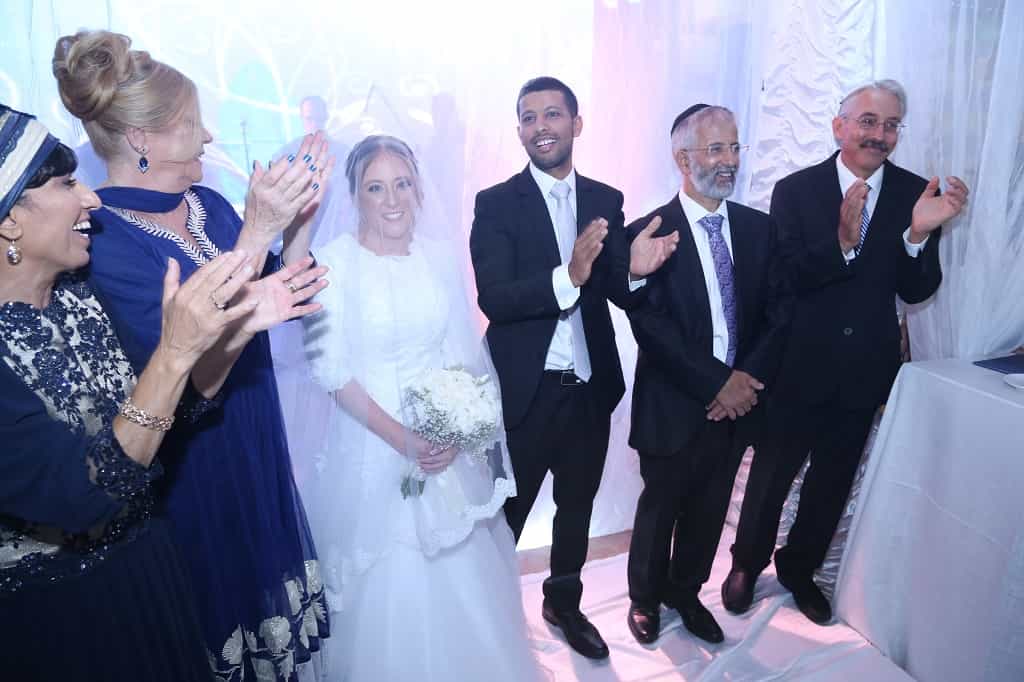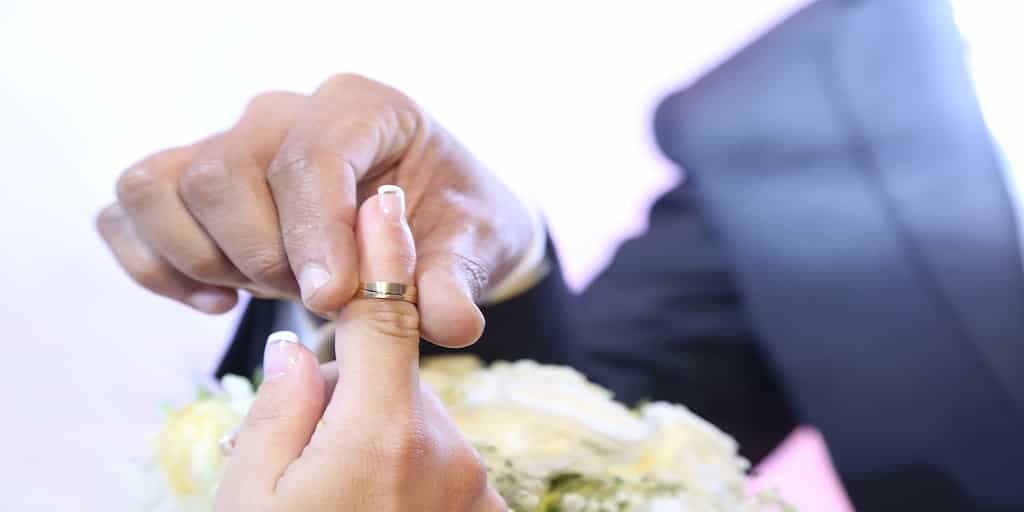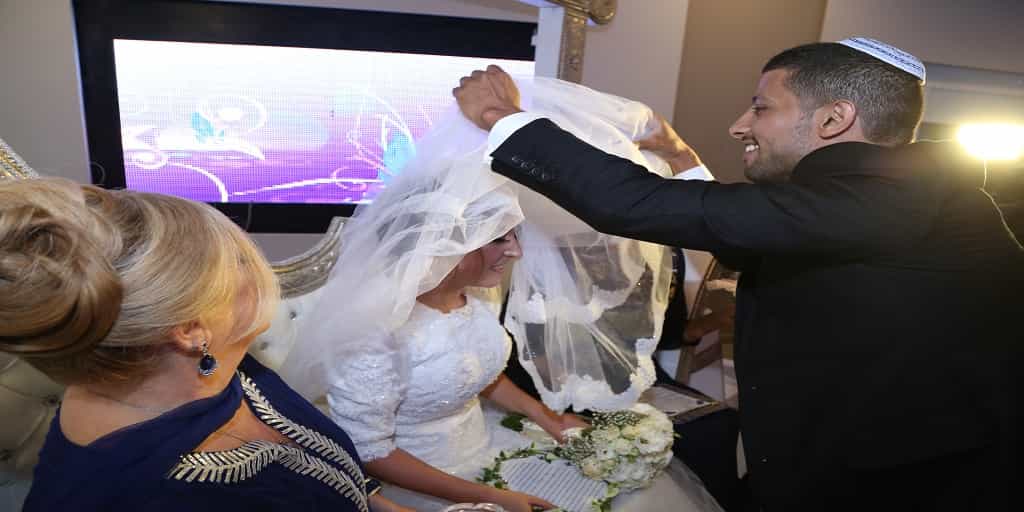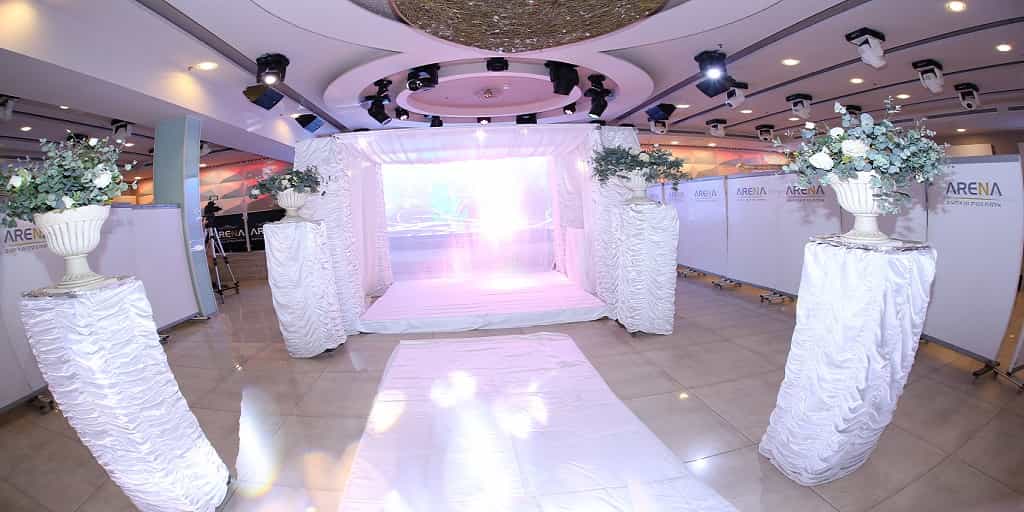Hi again! In light of my recent engagement to my now fiancée, I would like to write a little bit about what a wedding looks like in Israel. Actually more of what a Jewish wedding looks like in Israel. Why do I make that specification? Well it is Israeli law that weddings must be done within the religious law of the couple. That means that Jews must have an Orthodox Jewish wedding, Christians must have a Christian wedding, and Muslims must have a Muslim wedding.
This comes from the Ottoman Period, when the Turkish Ottomans controlled the land. When the British took over during Mandatorial times, this among many other laws carried over (another law was the all buildings built in Jerusalem to be done with at least one part of the outside walls in Jerusalem stone!). When the State of Israel was established on May 14, 1948, this law carried over a second time.
What does that mean?
That means Jews can only marry Jews, Christians can only marry Christians, Muslims can only marry Muslims, etc. BUT that doesn’t mean interfaith marriages aren’t legal in Israel. If you get married outside the state of Israel with someone of a different faith or in a non-religious ceremony, Israel will recognize the marriage- 100% legal.
So what happens? Let’s start in the beginning. Engagement periods are quite short, at least compared to the engagement periods of the United States. However, the moment when someone proposes is the same as in the U.S. There are all sorts of ways Israelis propose: in front of the Western Wall, at the annual Tel Aviv Water Fight, and more! And then Israelis get planning. The ceremony, or the chuppa, is at the hall. So you have to find a hall. You have to book a photographer, a band or DJ, a dress, everything! Most Israelis get all of it done in about six to nine months.

Let’s Start at the Beginning
It is traditional that the bride and groom don’t see one another for the week leading up to a Jewish wedding. This is to make the bride and groom miss one another, and to get excited for the big day. The bride will have go the mikve, or ritual bath, before the wedding as well. She will then go to get her hair done, make- up, nails, and to get dressed. The wedding dresses in Israel are also white and beautiful. The dresses come in all different styles and kinds.
Then comes the big day.
There is a sort of reception before the ceremony. Guests arrive, congratulate the parents, snack on some buffet food (sushi, pizza, vegetables, etc.). They welcome other guests, catch up. This is usually for an hour, and it is also a good time to write a letter to the couple. And here is something special and different about Israeli weddings. Guests don’t bring material presents. There are no registries at the Israeli Bed, Bath, and Beyond. Instead with the guests put money with the letters they write to the couple. So while they write their letters, guests will put the money in the envelope with the letter, and then slip it into a box with all the other letters.
After the hour to eat, write letters, and begin the celebrations, witnesses, usually friends of the groom, will go and witness him sign the Ketuba. What’s the ketuba? It is a marriage contract that agrees on what the husband’s obligations to his wife. While he is signing it, the bride is reciting the bride’s prayer and welcoming guests to the wedding. And then begins the formal ceremony. The groom comes out with the fathers of the couple. Then the bride comes out with the mothers of the couple. But the mothers don’t walk all the way to the wedding canopy, or chuppa. They walk the bride halfway, and then the groom comes down to meet her. He will pull the down the veil, and then the couple will walk the rest of the way together.

Now why isn’t the veil pulled before?
What’s the deal with that? Well there is a biblical connection here. In the book of Genesis, there is the story of Jacob and his wives Leah and Rachel. Jacob comes to work at Laban’s house and farm. He fell in love with Laban’s younger daughter, Rachel. But Laban told him he needed to work seven years in order to marry Rachel. So Jacob worked 7 years! But Laban had a problem, he has an older daughter, Leah. It was tradition that children were married according to their age. Meanwhile, Jacob kept working. And the wedding day arrives. During the wedding ceremony there was a veil covering the bride’s face. Jacob is so excited, he doesn’t think twice.
Only after the ceremony, when Jacob lifts up the veil does he see that it is Leah, and not Rachel! He runs to Laban angrily to confront him. Laban tells him that if he wants to marry Rachel, for real, he had to work another 7 years! And he does! After 14 years, Jacob marries his true love, Rachel. This story creates the tradition that we do not pull the veil over the bride’s fave until the groom know it is the right bride. I should note that today the veil is not a solid cloth, but rather something you can see through.

The Ceremony of a Jewish Wedding
Once the couple reaches the chuppa of a Jewish wedding, the rabbi will present the ketuba. If it is an Eastern European Jewish wedding, the bride will walk around the groom 7 times (one for each day of the week). The Rabbi says a blessing over a glass of wine, and then the groom and the bride drink the glass. The groom receives a new tallit, which he will say the blessing over and then put over him and his soon to be wife. Seven different members of the couple’s family then recite seven different blessings.
And finally the exciting part! The groom puts the ring on the bride’s finger, and recites Psalm 137: ‘If I forget you, O Jerusalem, let my right hand forget its skill! Let my tongue stick to the roof of my mouth, if I do not remember you, if I do not set Jerusalem above my highest joy!’ He steps on a glass, crushing it to pieces. And the couple is married! But why does he say this Psalm, which if you think about it, it’s a little sad? Why does he step on a glass? This is to remember the destruction of the 2nd Temple, and remember that even in our happiest moment, we are sad that the Temple is no longer standing.

How do we wrap up the ceremony?
After the ceremony of Jewish weddings everyone goes to eat the first course. Now the new couple will eat in a separate room. These are the couple’s first moments, not only as a couple, but also alone as a couple. The guests will eat in the reception hall. The couple comes into the hall when the first course is over. And the dancing begins! If it is a religious wedding, there will be a separate dancing for men from women. Often in secular weddings, the couple dance together first.
And then there is the main course! People seat at tables according to their connection to the couple: friends of the groom, friends of the bride, etc. And then guess what? More dancing!! Celebrations usually go until 12:00 or 1:00 am. At the end, the couple uses the money the guests give them to help pay for the wedding. The couple uses the rest of the money to help build a new home together.
Now there are a few things that are different in Israel than from a Jewish wedding in the U.S. For one, the couple does snail mail invitations. Often, they send the invitations by email or text message! Also at the wedding, sometimes the photographers make magnets for the guests while the wedding is still going on. It is a special kind of party favor.

One last thing that is important to remember.
What I described is a typical wedding. Like I mentioned, the ceremony itself has to be orthodox Jewish, but the reception does not. So there may be a Reform Jewish reception, Conservative Jewish reception, or secular reception, whatever you want your reception to be.
But it is a beautiful moment for everyone. And one thing that is wonderful about Israelis is that they love and celebrate life. So when a joyous occasion, they celebrate 100%. They are celebrating totally for their friends and new couple. And this is how a new couple starts their new life together!





